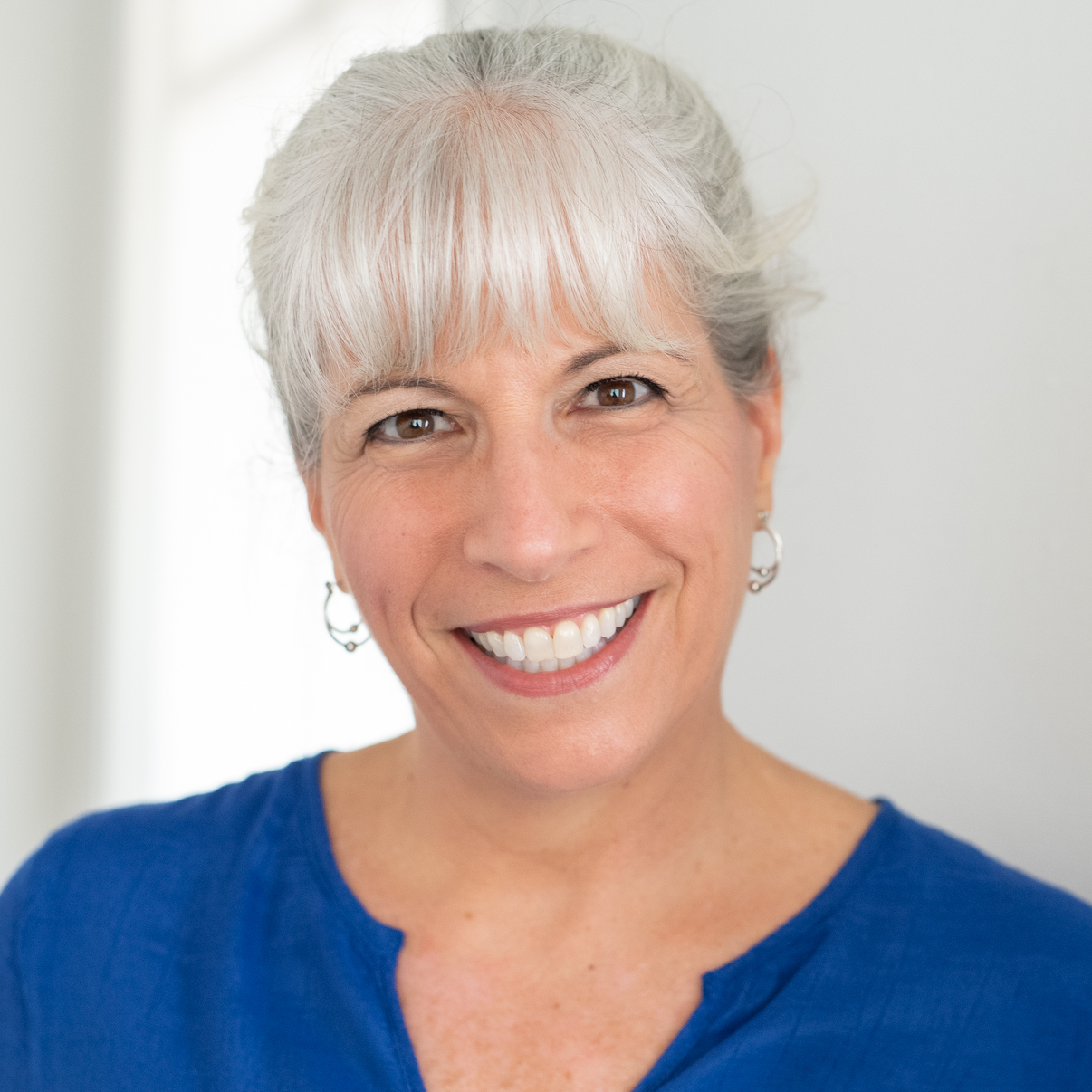A Salesman in Sheep’s Clothing: How to tell if your broker is looking out for your best interest
Imagine this: Your “financial advisor” that has managed your money for years gives you a call. “Sue”, he says, “small-caps are up this year and I think they’re going to continue to go up. I want to sell some of your bonds, which will continue to go down as interest rates start to rise and put that money to work in small-caps. Ok? We just started to offer this new small-cap fund that will be perfect for you!”
You think, wow, he’s really on top of things! I’m so lucky to have found someone who’s always got my back and who understands the markets so I don’t have to. Also, because his firm’s so big I get the opportunity to invest in the latest investments available!
So, what may have really been behind his call to you?
Very likely he received a mass email from the powers-that-be at his firm saying, “New small-cap fund available. Move your clients into it and benefit from its 5% upfront load!”
What exactly does that mean? That means that for every $10,000 that you think you’re investing, only $9,500 will actually invest in the fund with the remaining $500 going to the brokerage house, where a large chunk will end up in the pocket of your “financial advisor”. Hmmm, your “advisor” sounds a lot like a salesperson, doesn’t he? Well, considering he gets paid by commission I’d say “yes”.
The next question is, did he do anything wrong? Absolutely not.
When you began working with him you signed a document where imbedded deep inside it explains exactly how he gets paid. He is providing a service for you and for that service he receives compensation for every trade he executes on your behalf and a commission on every product he sells to you. As long as you're clear about his fees and feel he's adequately compensated for the services he's providing you, all is good.
Being a broker, the products he sells to you have to meet the “suitability standard”. This means that he can only sell products to you that are “suitable”. He can argue very easily that a well-diversified portfolio should have some small-cap exposure, and therefore the fund he recommended was suitable. The “suitability standard” is quite different than the “fiduciary standard” that many Registered Investment Advisors (RIA’s) adhere to. " Fiduciary" is a fancy word that means nothing more than the advisor must act in your best interest, placing your interests above their own. It’s a simple concept, but a powerful one. If your broker were a fiduciary, he would not have been able to sell you that product because there are other small-cap funds available that don’t charge the sales load which would result in higher returns for you.
The final question is, how do you know whether he’s recommending an investment because it’s in your best interest instead of his own?
Well, you’ll never know for sure. But I’ve come up with one guideline that should give you some insight:
If he’s telling you to do a trade in reaction to what the market’s doing instead of any changes to your personal situation, he’s probably not looking out for your best interest.
While an advisor will adjust your asset allocation over time as you move through different phases of your life (post college/career building, child rearing, empty-nester, retirement), he shouldn’t recommend wild swings in and out of different sectors of the market based on what’s “hot”. This is called “market timing”, and it always ends poorly. No matter what anyone tells you, no one has ever been able to predict for any length of time which area of the market will next perform best.
There is a difference between “market timing” and “investing”. You may try to time the market as an alternative to a trip to Vegas, but you invest to ensure there’s money for the kids’ education and weddings, as well as a comfortable retirement. Please don’t confuse the two.
So the next time your advisor calls, don’t be afraid to ask him how much money he’ll make if you follow his recommendation. Also, be sure to ask him what specifically there is about your situation that makes him feel this is a trade that should get done. If his answers don’t satisfy you, you may want to consider whether he truly “has your back”.





